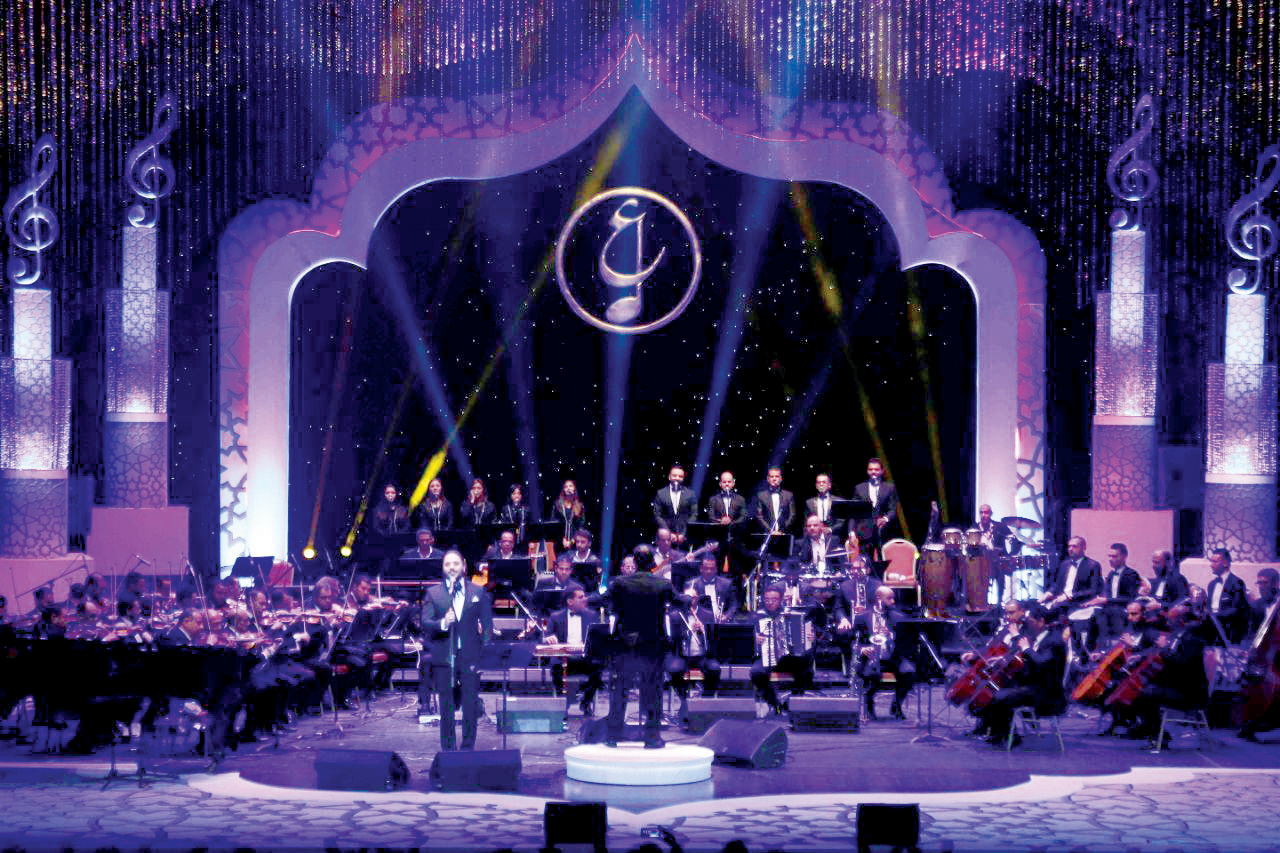Image via website
On 15 September, Egypt strikes a new note in its cultural calendar with the launch of Egyptian Music Day, an annual celebration designed to honour the nation’s rich musical heritage. The date is no coincidence: it marks the passing of Sayed Darwish, the “People’s Artist” whose voice became the soundtrack of a nation in the making. His melodies, full of wit, struggle and hope, remain etched in Egyptian memory more than a century later.
A Countrywide Symphony
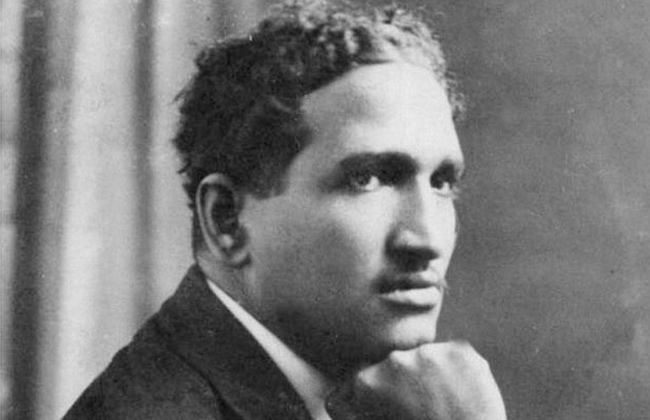
This first edition is nothing short of ambitious: 100 events staged across 80 cultural venues in every governorate, all unfolding simultaneously. From Cairo’s grand opera house to small town cultural centres, Egypt will come alive with concerts, theatre shows, folk performances, exhibitions and book fairs. Even the Umm Kulthum and Mohammed Abdel Wahab museums, usually ticketed, will open their doors for free, welcoming visitors to reconnect with the giants of Arabic music.
Why Music, Why Now?
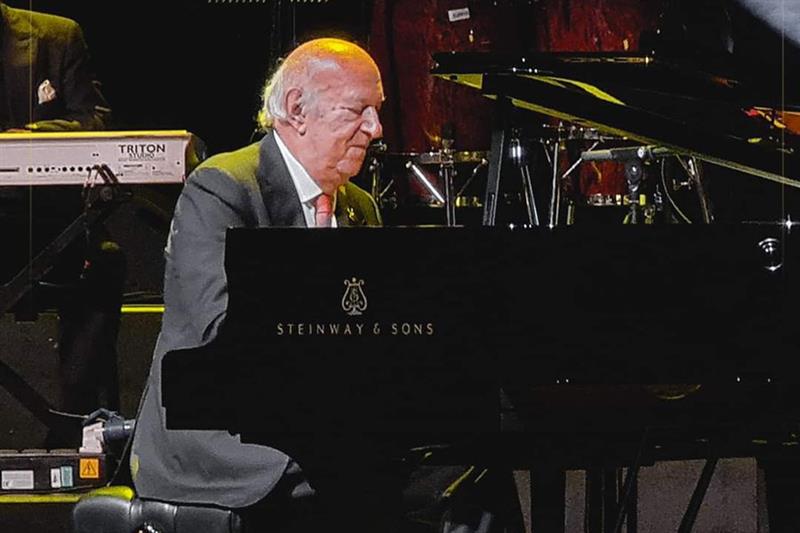
For Egypt, music is not just entertainment. It is identity, memory, and soft power all rolled into one. The Ministry of Culture describes the day as a reminder that music has been woven into Egyptian life since ancient times, from instruments carved on temple walls to the global stage commanded by modern icons like Umm Kulthum and Abdel Wahab.
By dedicating a national day, the Ministry hopes to reaffirm Egypt’s place as the beating heart of Arab music, while also passing on a legacy of creativity and pride to younger generations.
Highlights of the Day
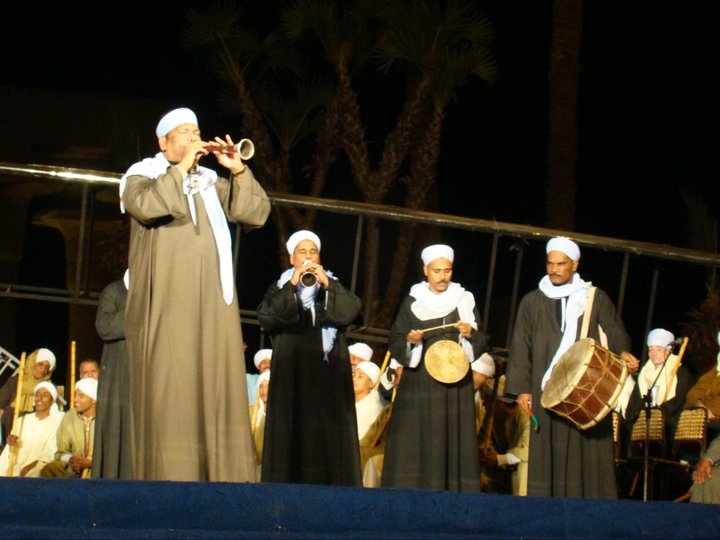
Image via website
From dawn until late evening, Egypt will be alive with music. Each city and governorate has curated its own programme, blending tradition with modernity, folk with contemporary, and the familiar with the experimental. Whether in Cairo, Alexandria, the Delta or Upper Egypt, audiences will find something to enchant their ears and stir their hearts. Among the highlights:
The Main Stage
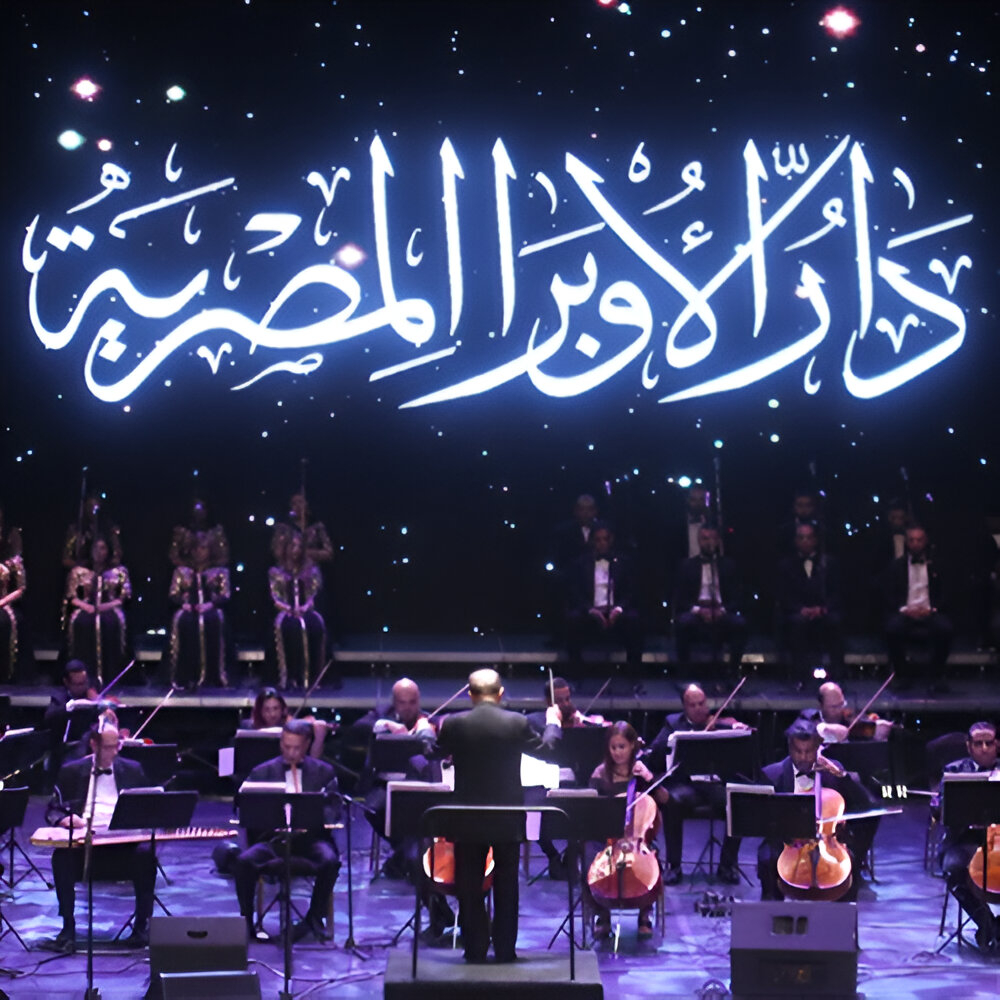
Image via website
At 9 pm, the Small Hall of the Cairo Opera House will host the official opening speeches, a full concert by the National Centre for Theatre, Music and Folk Arts, and tributes to Egypt’s greatest musical minds.
A Beloved Classic Returns
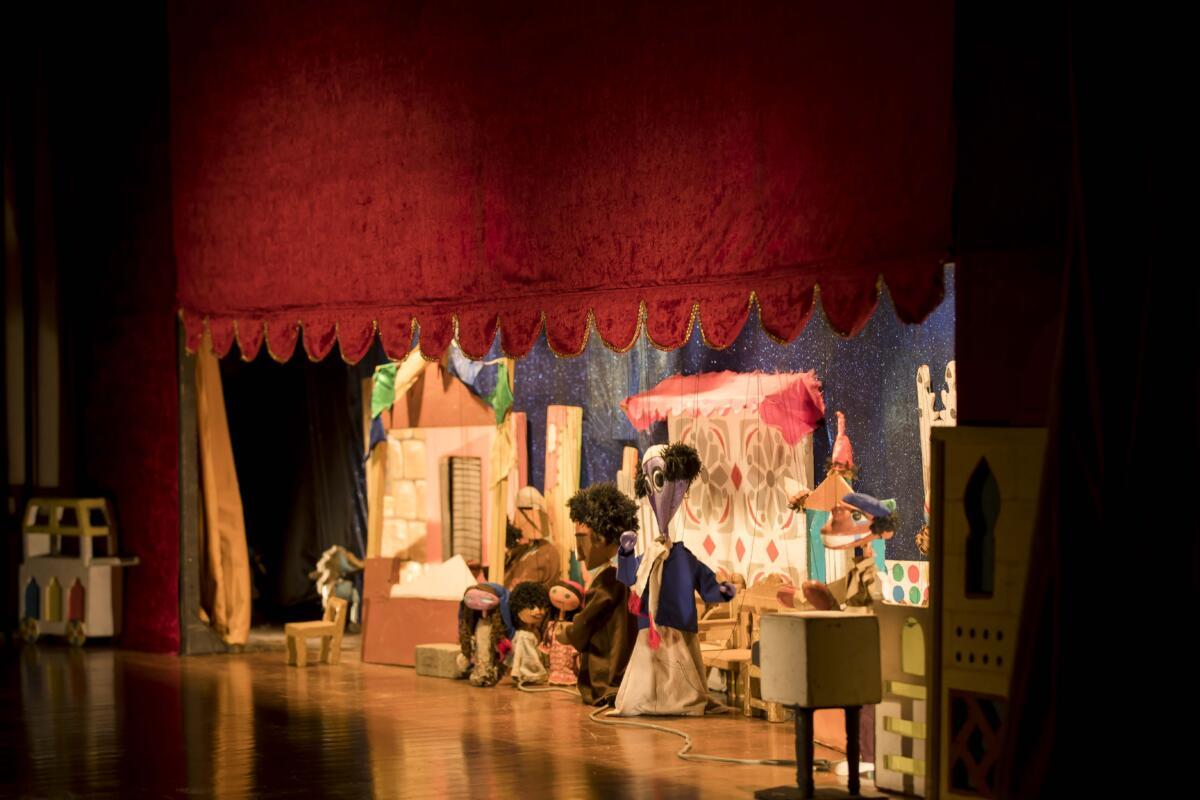
The iconic puppet operetta El-Leila El Kebira will be performed once more. Written by Salah Jahin with music by Sayed Mekkawy, its playful yet poignant portrayal of Egyptian street life has made it a cultural treasure.
Folk Rhythms in the Heart of Cairo
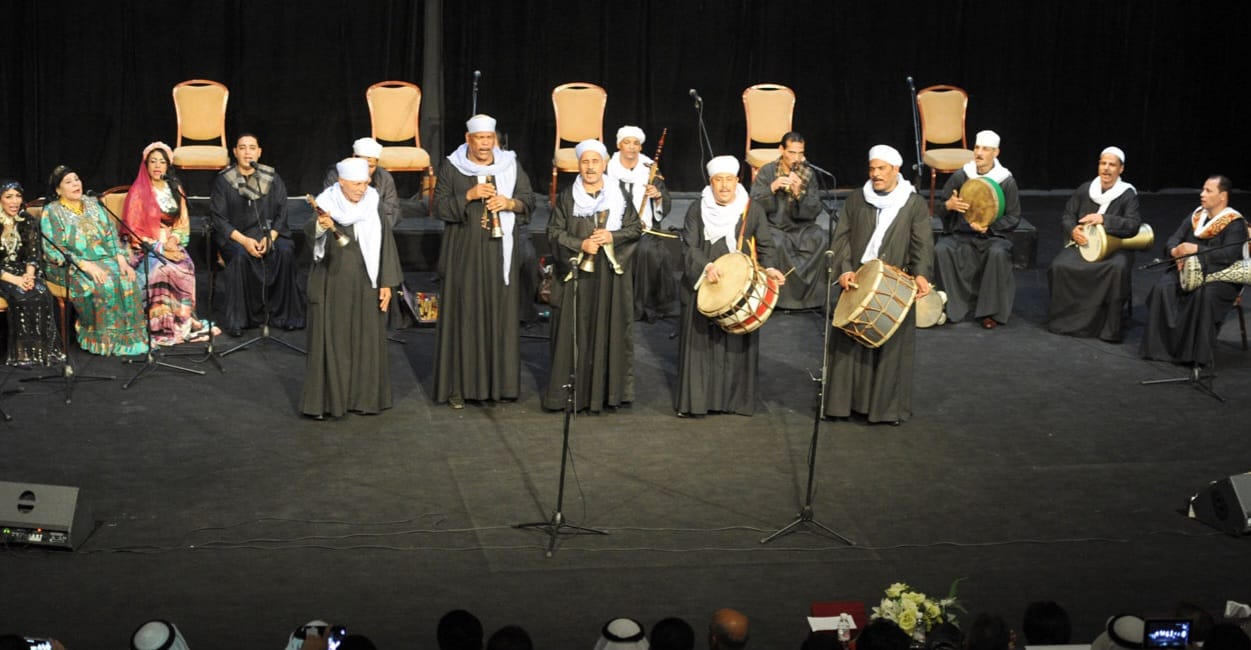
Image via website
Hanager Arts Centre will showcase the Nile Folk Instruments Ensemble, while the Opera House’s open-air stage will host a variety of contemporary musical acts.
Echoes of Umm Kulthum
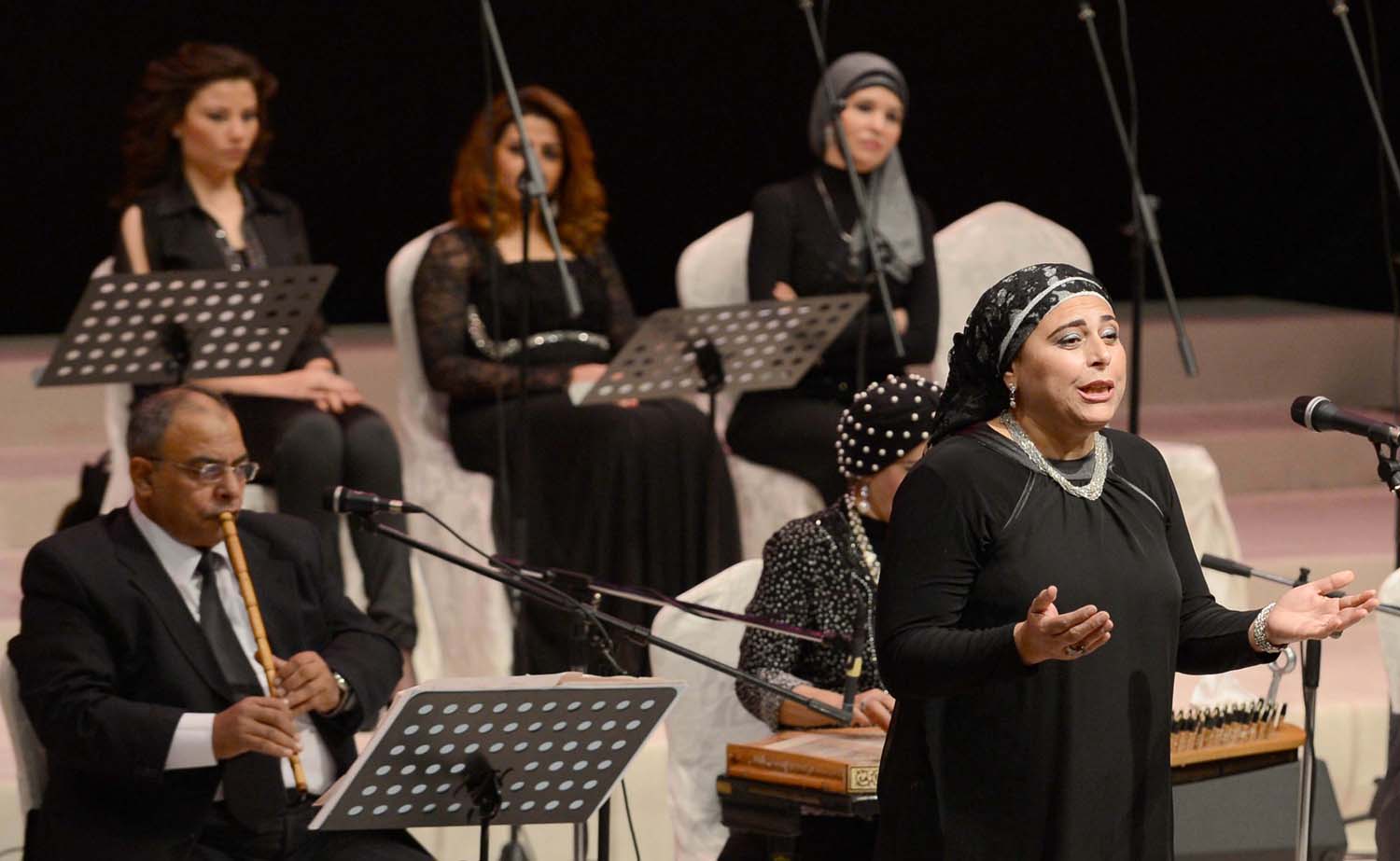
Image via website
The Higher Institute of Arab Music will present a performance by the Umm Kulthum Ensemble. Meanwhile, Aisha Fahmy Palace unveils an exhibition titled “The Voice of Egypt: Umm Kulthum”, celebrating her unrivalled influence.
Young Voices Rising in Downtown Cairo
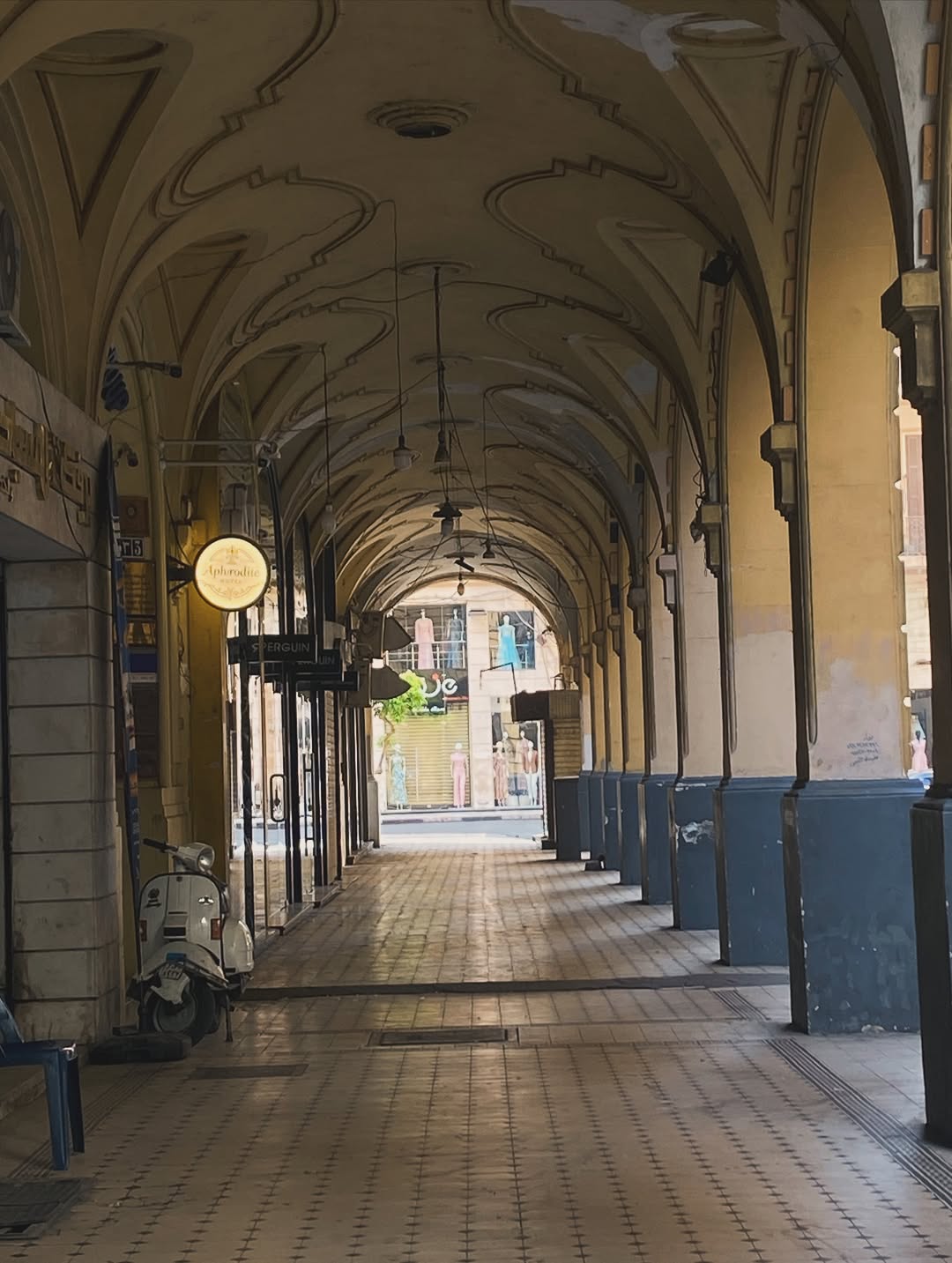
Image via website
Cairo’s historic arcades, such as Behler Corridor, Kodak, and Al-Alfi, will become stages for independent and underground bands, offering a glimpse of Egypt’s evolving soundscape.
From Alexandria to Aswan
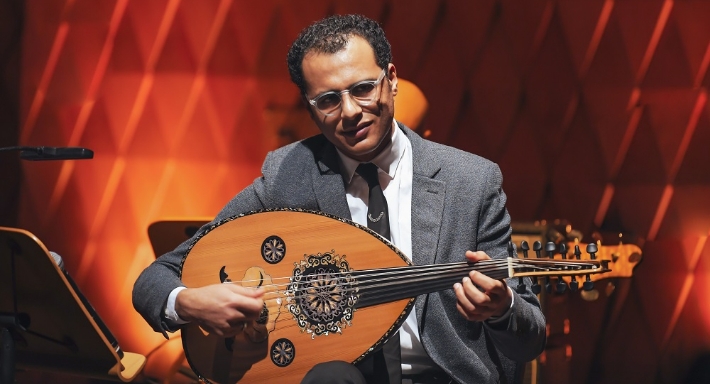
Image via website
Across the Delta, Sinai, Upper Egypt and the Red Sea coast, choirs, folk troupes, and Bedouin performers will bring local traditions to life, turning the entire nation into one grand performance hall.
More Than a Celebration
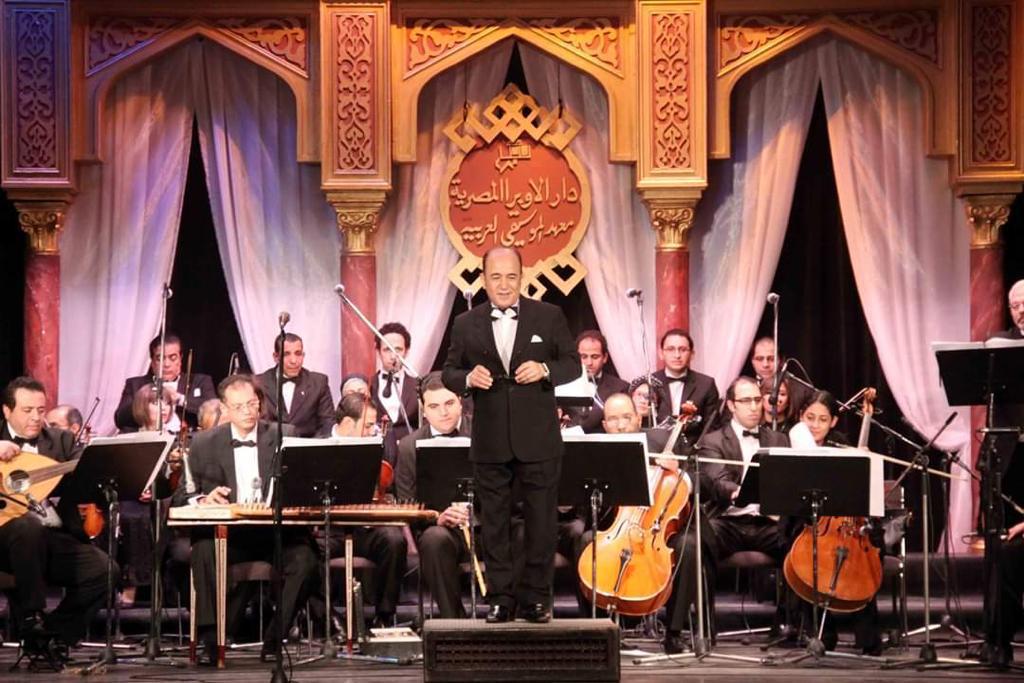
Image via website
While this year’s programme dazzles with variety, the message goes deeper: Egyptian Music Day is here to stay. Each 15 September will not only commemorate Sayed Darwish but also reaffirm music as a living force that unites Egyptians across regions, generations and tastes.
In doing so, Egypt hopes to remind the world of its role as the cradle of Arab music, a place where the voices of the past inspire the creativity of the present, and where every note carries the story of a nation.

